Real vs. the Unreal, Worlds Other Than Our Own, and the Starting Line of Fantasy
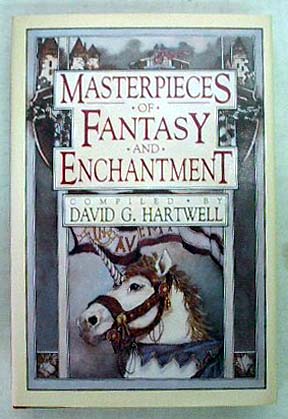 Whenever discussions of fantasy fiction arise, the question of “which came first?” inevitably follows. Newbies mistakenly think that J.R.R. Tolkien started the genre, overlooking authors like William Morris and E.R. Eddison who had already begun a rich tradition of secondary world fantasy. The same arguments swirl over the many sub-genres of fantasy, too. For example, most believe that Robert E. Howard is the proper father of swords and sorcery, beginning with his 1929 short story “The Shadow Kingdom.” But others have pled the case for Lord Dunsany’s “The Fortress Unvanquishable, Save for Sacnoth” (1908), and so on.
Whenever discussions of fantasy fiction arise, the question of “which came first?” inevitably follows. Newbies mistakenly think that J.R.R. Tolkien started the genre, overlooking authors like William Morris and E.R. Eddison who had already begun a rich tradition of secondary world fantasy. The same arguments swirl over the many sub-genres of fantasy, too. For example, most believe that Robert E. Howard is the proper father of swords and sorcery, beginning with his 1929 short story “The Shadow Kingdom.” But others have pled the case for Lord Dunsany’s “The Fortress Unvanquishable, Save for Sacnoth” (1908), and so on.
Once begun, these arguments inevitably reach further and further back in time. George MacDonald’s Phantastes (1858) was published before Morris’s The Well at the World’s End (1896), didn’t you know? Oh yeah, what about Malory’s LeMorte D’Arthur (1485)? I’ve got that beat: The Odyssey (8th Century BC). I see your Odyssey and raise you The Epic of Gilgamesh (1300 BC, or thereabouts). And so on. Until it seems that fantasy has always been with us.
But perhaps that isn’t the case. In an introduction to the 1988 anthology Masterpieces of Fantasy and Enchantment, editor David Hartwell draws one of the most neatly defined starting lines for fantasy I’ve encountered. Hartwell describes fantasy as a story written deliberately as unreal, and one which does not take place in the real world.
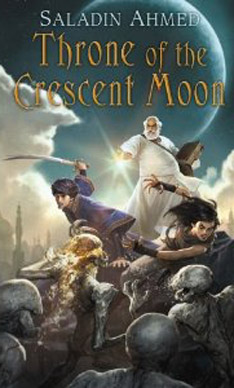
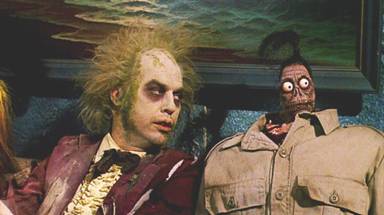
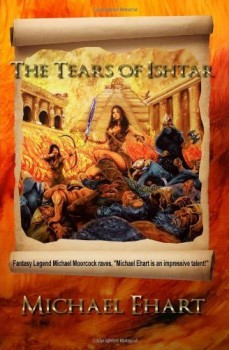 The Tears of Ishtar
The Tears of Ishtar
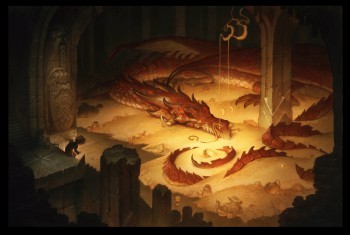
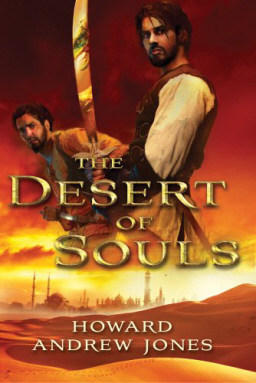
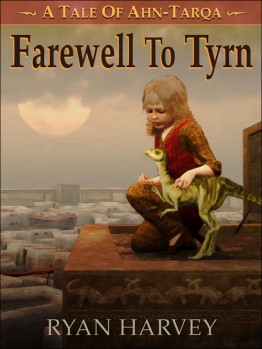
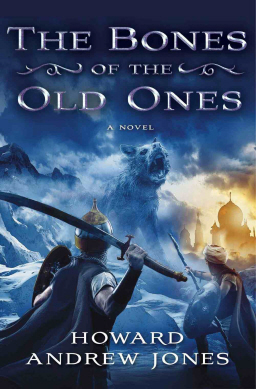
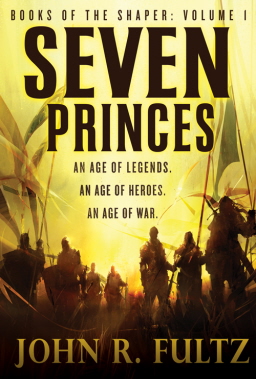 John R. Fultz’s first novel, Seven Princes, has been
John R. Fultz’s first novel, Seven Princes, has been